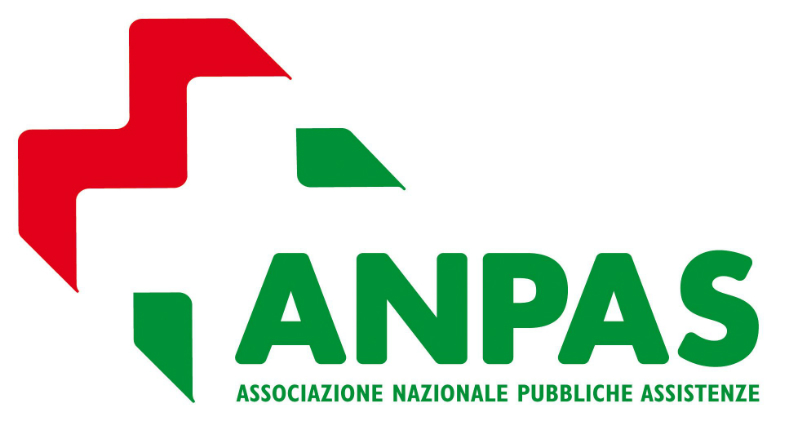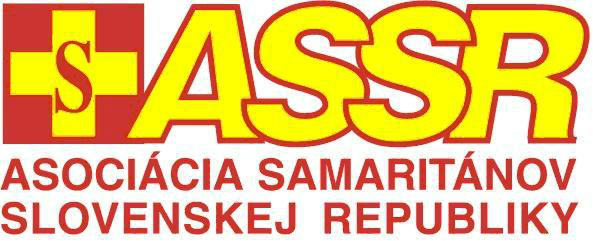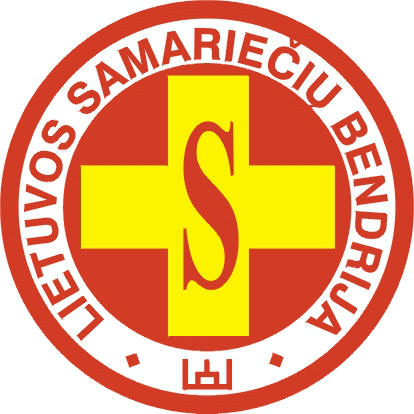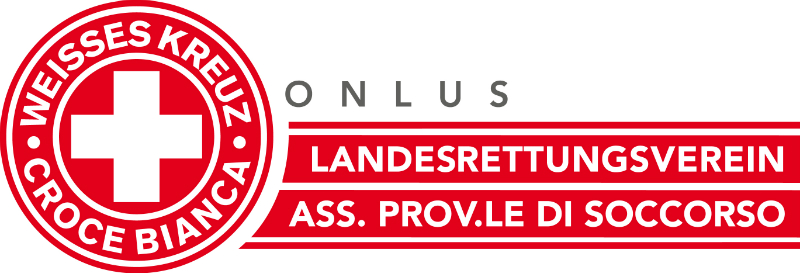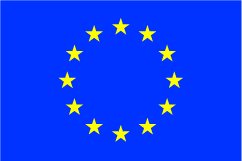About the project I_TEM
Integrated Training in Emergency Management (I_TEM) is an Erasmus+ KA2 project in adult education.
The aim of the project is to explore the benefits of digital training elements or blended learning in an area that conventionally is very focused on hands-on training: volunteer training for emergency situations.
I_TEM does not only focus civil protection volunteers, but bridges the gap between civil protection and the sphere of social services by involving a number of social service providers in the project. This is important because, in emergencies, the continued provision of social services to vulnerable groups is crucial and, at the moment, often overlooked or beyond the competences of civil protection aid workers and volunteers.
An anecdote from the project group that illustrates this issue and the necessity to address it is from the Central Italy earthquakes, when care workers were evacuated with the general populace, leaving people in need of care, such as the Elderly, in temporary shelter situations without the services they are used to and rely on.
Parts of the project group have already conducted first steps toward addressing this problem in a previous project: SAMETS.
SAMETS developed a civil protection volunteer training guideline that helped to better accommodate four different vulnerable groups in emergency temporary shelters: The Elderly, People with Disabilities, Children and Multicultural groups.
I_TEM builds on this work, but will update the guidelines and, contrary to SAMETS, not rely on external expertise to consult during the project, but will have member organisations of Samaritan International from both civil protection and social services as direct part of the consortium.
I_TEM will also modernise the way the training is done by converting the updated content into a suitable format for a blended-learning context. This will not only make the educational units more attractive in general, but it will also allow for contact-reduced training, which makes attending the trainings less of a risk for the participants under pandemic conditions.



